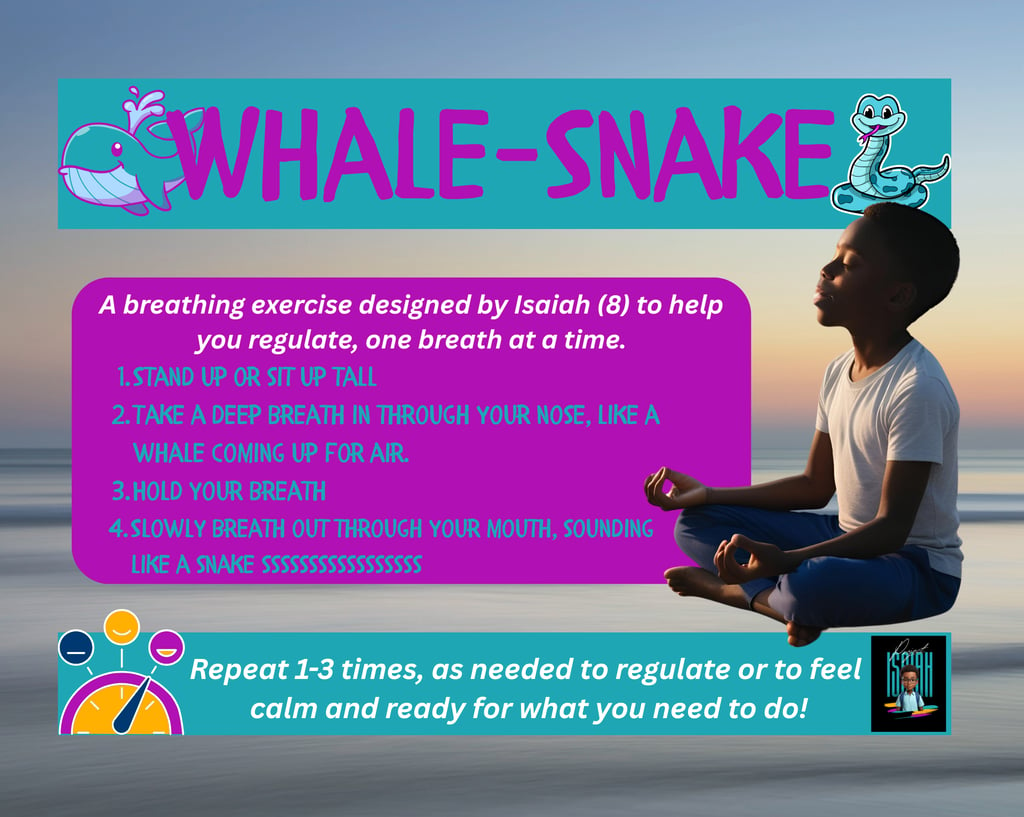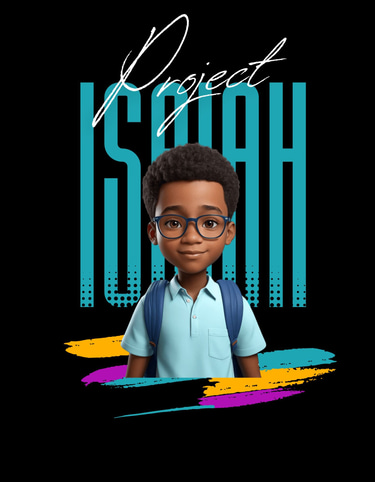Project Isaiah is utilizing a Community Participatory Action Research approach to address school based harm
Resources
Lost at School: Why Our Kids with Behavioral Challenges are Falling Through the Cracks and How We Can Help them by Dr. Ross Greene
We Want to Do More Than Survive (2019) by Dr. Bettina Love
Punished for Dreaming (2023) by Dr. Bettina Love
Follow us and join the journey on Facebook
Check out these resources on understanding systems of oppression
For Parents and Caregivers of Children with Disabilities
Special Education Advocates at an affordable rate and many resources: PASEN.org
Can't afford an advocate? PASEN has a fantastic Facebook group where you can learn all about rights, resources, and more! IEP/504 Support & Assistance | Facebook
For Advocates, Allies, and Disrupters
PDA Resources / Coaching by Dr. Casey Ehrlich who has lived experience as a mother of a child PDAer At Peace Parents (She offers a lot of resources that are valuable to teachers, community members, and family members beyond parents for free on social media)
Foundational Books and Resources
For Educators and School Leaders
Community Perspectives on well-being for Black boys
Understand Your Biases- Harvard Implicit Bias Tests
From Trauma Informed Care to Healing-Centered Engagement by Dr. Shawn Ginwright
This is a recording of a virtual Teach-In with Dr. Shawn Ginwright, one of America’s leading innovators, provocateurs, and thought leaders on African American youth, youth activism, and youth development, was a collaboration between YouthREX and the York Research Chair in Youth and Contexts of Inequity. Dr. Ginwright has led the development of the Healing-Centered Engagement model, a strength-based approach that promotes a collective view of healing – an ongoing process that must also focus on restoring and sustaining the practitioners who work with and support youth.
Tools and Resources
EF Tasks: Can We Figure Out a Different Way?
Ever notice your child struggles with starting or staying organized, even though they’re bright and creative? That's often due to something called executive function... the brain’s planning and self-control toolkit. Think of it like the behind-the-scenes manager, helping them keep track of steps, shift focus, resist distractions, and follow through on tasks. Instead of focusing on what's hard, what if we reframed the question to how we can lean into what they are good at? That’s the idea behind REEL’s “Can We Figure Out a Different Way?” worksheet.
Declarative Language Cheat Sheet
Declarative language helps children feel safe, respected, and in control. By using statements instead of commands, we reduce power struggles, support autonomy, and create space for problem-solving—especially important for children who are neurodivergent or have experienced trauma.
Heavy work activities give children calming input by engaging their muscles and joints. These movement-based tasks help with focus, regulation, and body awareness.
Isaiah created this when he was 8
This a breathing exercise that can be used to help with regulation.


